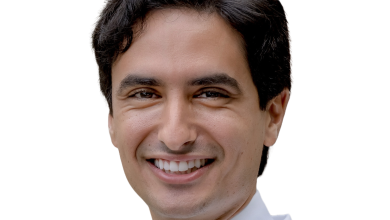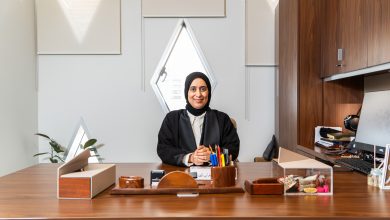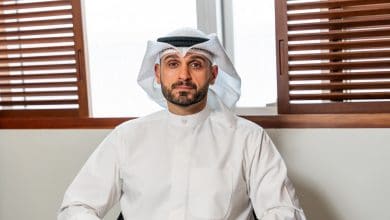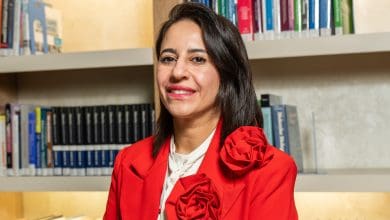Legal Education in the Arab World: A Call for Reform and Innovation
Kuwaiti Legal Scholar with a Global Perspective
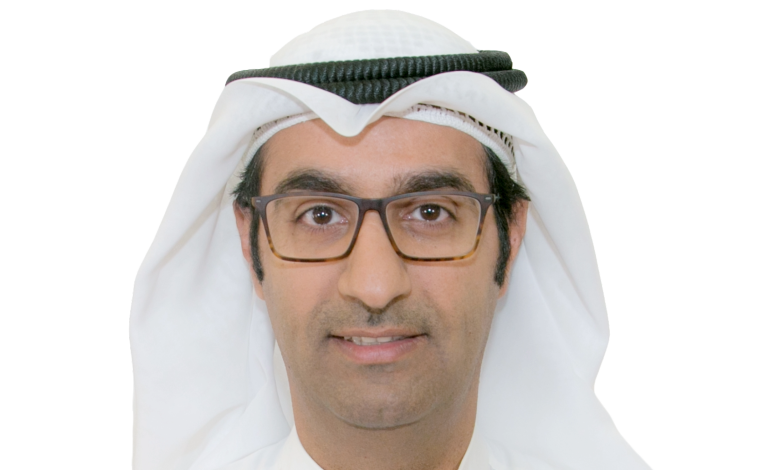
“I have always believed that the legal education in the Arab world needs to be reformed substantially, to enhance the quality of graduates and enable them to play a more active role in society" Fahad Al-Zumai
Many people who experienced how eagerly Fahad Al-Zumai jumped into debates as a teenager predicted that he would thrive in the field of law. They were right. “I feel passionate about law because it has a direct impact on people's lives – on fairness, justice, and livelihoods,” said Al-Zumai, now an Associate professor at the Kuwait University Law School and one of this year’s winners of the Jaber Al-Ahmad Prize for Young Researchers.
“Law is either an enabling tool or an obstacle for progress, starting from citizenship to education to healthcare access to doing business,” said Al-Zumai. But laws can differ wildly in different countries, as do the legal systems that create and administer them. Al-Zumai studies these differences as an expert in Comparative Law.“When we compare and contrast law, we can learn from each other. It widens our horizon in terms of getting the best practice,” he said. “We see that countries have adopted different models and we can follow the impact of eachmodel on that particular country. It allows us to assess if we, ourselves, have adopted the best practices.”
To become an expert, Al-Zumai has actively engaged with law in different parts of the world. In Kuwait, where he studied at Kuwait University and qualified as an attorney, Al-Zumai has in recent years helped draft important new legislations, including the Bankruptcy Law of 2020, which provides more options for struggling businesses and established a specialized bankruptcy court; the Companies Law of 2016 which replaced an older version of a 1960 law and introduced new types of companies; the Insurance Law of 2019 that instituted insurance based on sharia (takaful) as well as an independent insurance regulatory authority; and the Commercial Registry Law of 2024, which updated older regulations and made it easier for foreign companies to open branch offices in Kuwait.
But Al-Zumai, who furthermore holds a Master in International Business Law from the University of Manchester, England, and a PhD in Law from the University of London is also licensed to practice law as a solicitor in England and Wales. And he has passed the State Bar in California in the United States. “Much of my research aims to bridge the gap between the Anglo-American legal systems and the legal system of the Arab world,” said Al-Zumai, who specializes in corporate and commercial law research. In particular, Al-Zumai would like to encourage the Arab legal world to pay more attention to the economic impacts of the laws they create. “Applying economic theory to legal institutions and legal rules is well established in the United States and, to an extent, in England, but not in the Arab world,” said Al-Zumai.
That a new law may affect the overall economy of a country or the livelihood of its citizens can be obvious in some cases, for example, when a nation reduces the retirement age of its workforce. “That will have consequences for the public budget, among other things,” said Al-Zumai. But in other instances, the impact may be more indirect. New business regulations, such as new requirements to obtain licenses, can translate into additional costs that burden small enterprises, for example. In the Arab world, such economic aspects often flew too much under the radar, said Al-Zumai. They “are usually overlooked. My research has tried to emphasize that this is a critically important element that we need to incorporate into our scholarship and into our policy-making decisions.”
However, if his research into comparative law has taught Al-Zumai one thing it’s this: There is no one-size-fits-all legal codex that would work well everywhere. “You always have to take into account the nature and structure of society,” he said. A country whose economy is dominated by large corporations will need a different set of regulations than one where the majority of the businesses are small, family-run enterprises, to name just one example. “What works in one case, doesn’t necessarily work in the other,” said Al-Zumai.
Still, Al-Zumai is also convinced that Kuwait can learn from other countries when it comes to law and, in particular, legal education. “I have always believed that the legal education in the Arab world needs to be reformed substantially,” to enhance the quality of graduates and enable them to play a more active role in society, he said. "We need comprehensively restructure the curriculum and use new teaching methods that develop practical skills for future lawyers," he explained. Al-Zumai also pointed out a significant gap in the current system: "There is almost a total lack of active research centers in law schools in the Arab world."
His latest research project has Al-Zumai look towards the past, examining the legal history of the Arab world in recent centuries. He is focusing on an era between 1875 and 1949 when Egypt brought judges from different parts of the world into the country to establish what used to be called “mixed courts.”
“The judges came from England, France, the United States, Italy, Greece – it was very cosmopolitan and also part of the colonization that was taking place at that time,” said Al-Zumai. Many people looked back on this experiment as a negative experience, he noted. But as a researcher who compares laws from different countries, Al-Zumai also sees the beauty of the approach. “You can imagine a bench where you have an English judge and an Egyptian judge looking at a case together. It had its disadvantages but it was also very enriching.”

